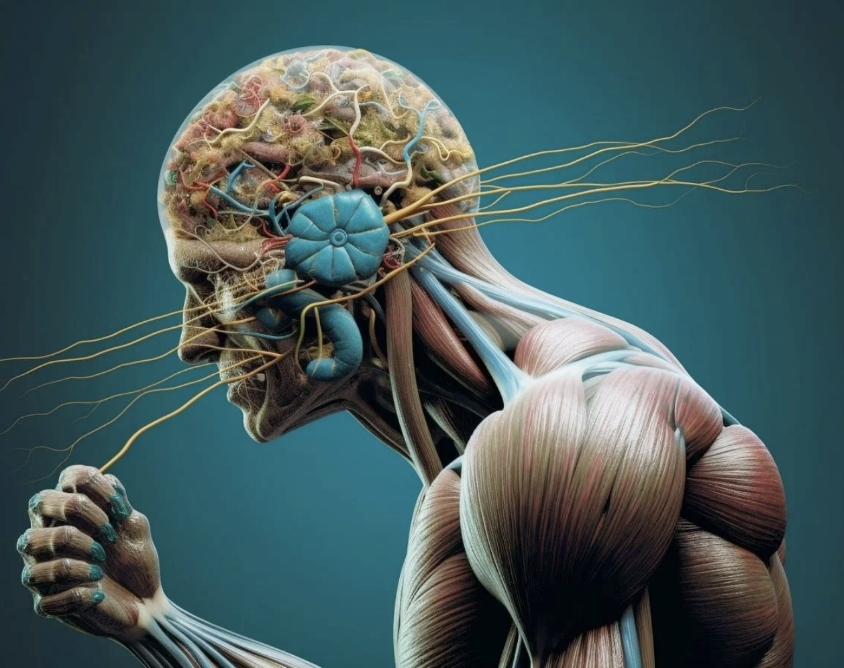Cybin begins critical phase in the development of Paradigm, their treatment for major depressive disorder; Trace secures Series A funding.
Cybin announced the initiation of its Phase 3 pivotal program evaluating the efficacy and safety of CYB003 for the adjunctive treatment of Major Depressive Disorder (“ MDD ”), dubbed PARADIGM.
CEO Doug Drysdale commented on the news, saying …
Just three years after filing an Investigational New Drug application for CYB003, the initiation of our Phase 3 program is a truly significant and gratifying milestone.
Following a highly collaborative and thorough design and review process with the U.S. Food and Drug Administration, we believe that PARADIGM incorporates appropriate protocols that proactively address some of the challenges encountered by peers developing molecules with similar mechanisms of action by (i) recruiting from the larger MDD population; (ii) administering CYB003 as an adjunctive treatment and not requiring patients to titrate off their existing antidepressants; and (iii) utilizing a 12-week blinded period to maximize the number of patients that remain in the study through the blinded stage.
You can read more about PARADIGM here: https://ir.cybin.com/investors/news/news-details/2024/Cybin-Initiates-PARADIGM-A-Multinational-Pivotal-Phase-3-Program-Evaluating-CYB003-for-the-Adjunctive-Treatment-of-Major-Depressive-Disorder-and-Reports-Second-Quarter-Financial-Results/default.aspx
Trace Neuroscience announced its launch with a $101 million Series A financing. If you’re unfamiliar with the company, Trace is developing novel genomic therapies that restore UNC13A protein to re-establish healthy communication between nerves and muscle cells impacted by neurodegenerative disease.
The company’s lead program is an antisense oligonucleotide (ASO) designed to preserve and potentially improve muscle function in people living with amyotrophic lateral sclerosis (ALS), including those with the sporadic form that affects nine out of 10 people with the disease. Check it out: https://www.businesswire.com/news/home/20241112074588/en/Trace-Neuroscience-Launches-With-101-Million-Series-A-Financing-to-Expand-Genomic-Medicine-for-Neurodegenerative-Diseases
A new study published in the Journal of Clinical Psychiatry found that Hyperbaric oxygen therapy (HBOT) has shown effectiveness in alleviating symptoms for individuals with PTSD unresponsive to traditional treatments?
In a study of combat veterans, HBOT led to significant reductions in flashbacks, irritability, and hypervigilance, and was associated with improved brain connectivity on fMRI scans. This particular protocol involves 60 sessions of breathing pure oxygen under high pressure.
Findings suggest that HBOT could heal the “biological wound” tied to PTSD. Here’s more: https://www.psychiatrist.com/jcp/hyperbaric-oxygen-therapy-controlled-trial-veterans-ptsd/
Did you know that when muscles are worked, they help neurons grow?
Earlier this year, MIT engineers observed that when muscles contract during exercise, they release a soup of biochemical signals called myokines. In the presence of these muscle-generated signals, neurons grew four times farther compared to neurons that were not exposed to myokines. These cellular-level experiments suggest that exercise can have a significant biochemical effect on nerve growth.
The researchers also found that neurons respond not only to the biochemical signals of exercise but also to its physical impacts. The team observed that when neurons are repeatedly pulled back and forth, similarly to how muscles contract and expand during exercise, the neurons grow just as much as when they are exposed to a muscle’s myokines. Check it out: https://onlinelibrary.wiley.com/doi/10.1002/adhm.202403712
